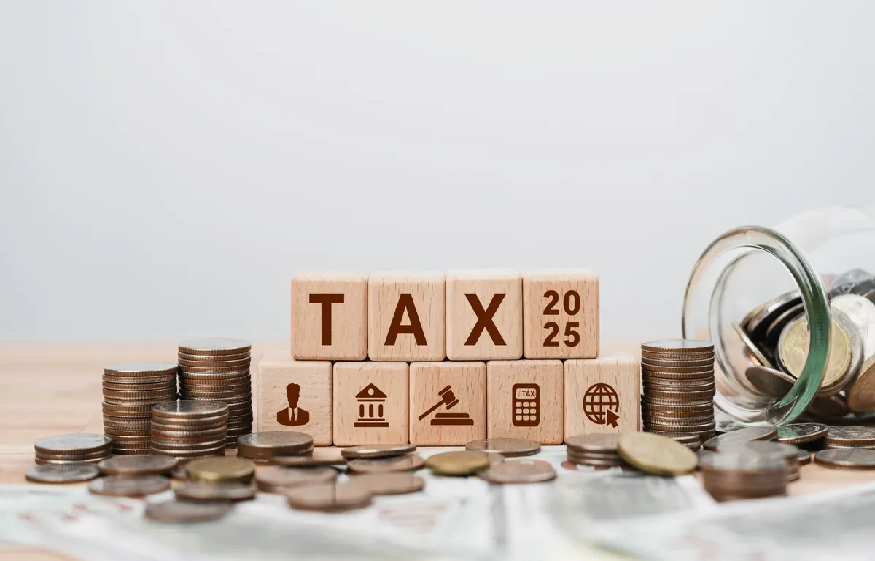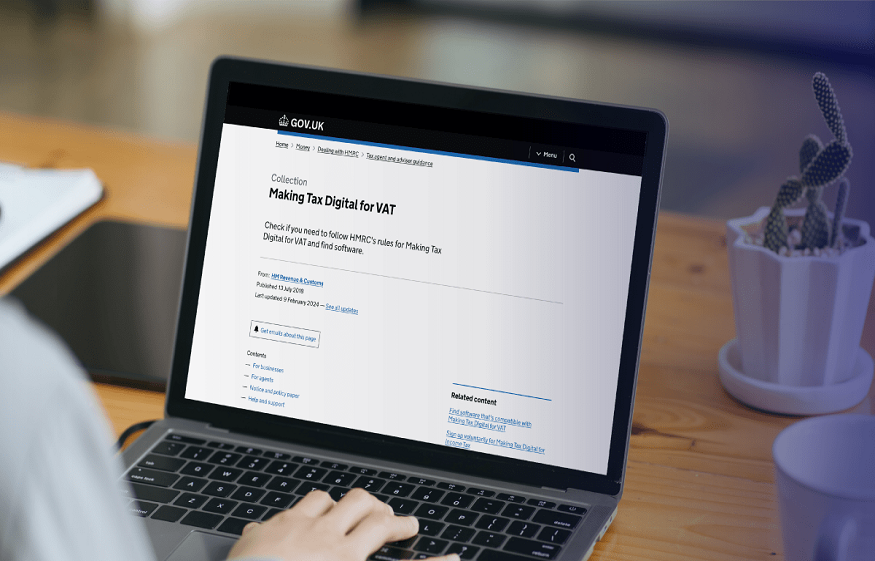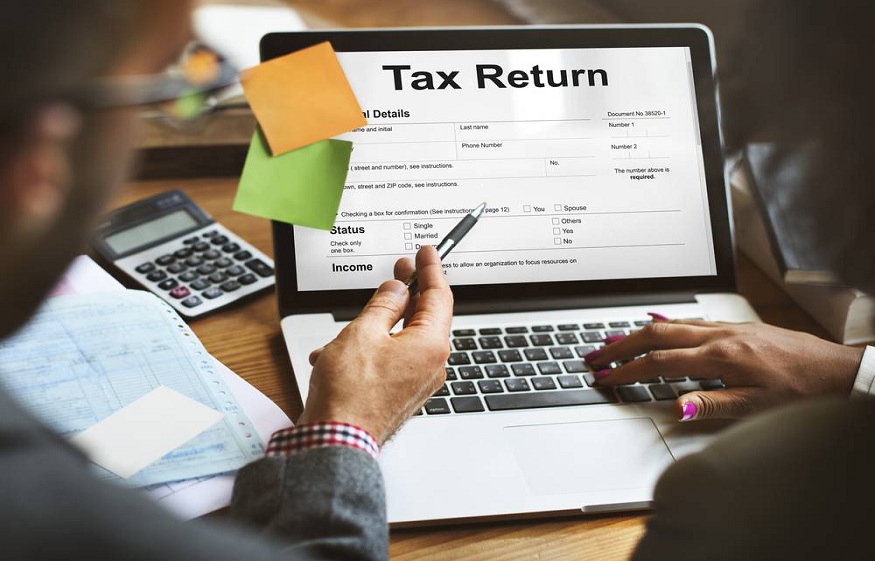Are You Overpaying in Taxes? When It’s Time to Consult a Professional Accountant
Most people consider the term “taxes” negative. But again, taxes are not all that evil. There is one side of the medal: taxes to pay for social security and medical insurance benefit many individuals. On the other hand, it can be considered that paying too much can also be a problem because of taxes. Paying more taxes is like giving the government an interest-free loan, reducing the amount of required cash. Now, let’s try to understand why people overpay taxes and how they can eliminate this extra cost by consulting a accountant in Seattle.
What Happens When You Overpay Taxes?
According to the law, you can claim a refund of any excess amount they have paid as taxes if you paid more than you should have. This refund is provided under Section 71 of the Tax Administration Act (TAA), and you must apply for this within three years from when the overpayment was made. However, sometimes, getting back any kind of refund can be complicated. The process has its set rules, and for one to claim that they have overpaid their taxes, the Commissioner General (CG) of taxes has to validate such an instance. Once the CG is satisfied, they can do two things:
- Put anything that is left of the extra tax money towards paying any other taxes you may owe.
- Refund any balance that they may have outstanding in their account, along with interest.
But what if you categorically do not require a refund? What if you prefer to apply the extra tax you have paid to other taxes instead?
Using Extra Tax Payments for Other Taxes
Section 73(1) of the TAA talks about two options: using the amount paid in other taxes and the amount returned. Even though these options are related, they are also different. To get a refund, you need to have a clear procedure as provided in Section 71 of the TAA. Regrettably, there is no streamlined way of approaching the disposal of extra tax payments in the law to be used in paying for other taxes.
Therefore, how does the CG come up with a ruling that allows the extra tax payments to be utilized on other taxes? The client has to prove that he or she has overpaid the amount to the CG.
Refund or Use for Other Taxes?
The CG may tell you to apply for a refund first. But refunds have a three-year time limit. If your request is late, it might be rejected as “time-barred.” Instead, you can argue that you don’t want a refund. You want to use the extra payment for other taxes. This is allowed by Section 73 of the Tax Administration Act (TAA).
The Problem
The three-year limit applies to refunds, not using extra payments for other taxes. This can confuse. Taxpayers who want to transfer the money to other taxes face unnecessary issues.
What Should Change?
The law should be updated to clarify the process. Taxpayers should know how to use extra payments for other taxes. Clear rules help both taxpayers and tax officials.
How to Avoid Overpaying Taxes
- Adjust your tax withholding: Update tax forms after big life events like marriage, a new job, or having a child.
- Review taxes yearly: Check if you’re paying the right amount.
Final Thoughts
Overpaying taxes can cause problems. You can apply for a refund or use the money for other taxes, but the rules need improvement. To avoid overpaying, review and adjust your taxes regularly. Better laws would make this process easier for everyone.



